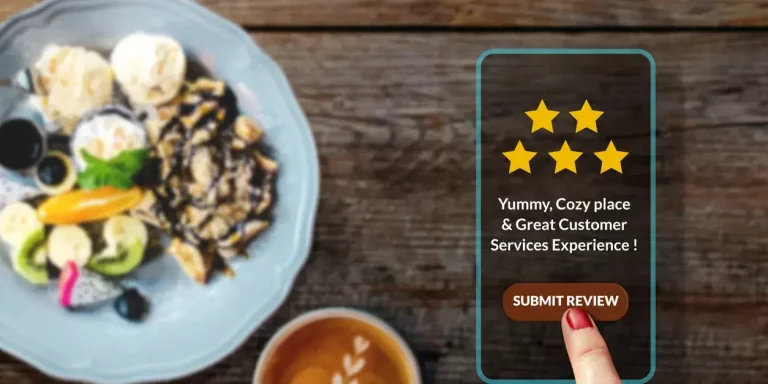Through my work as a community advocate and foodie, I’ve come to find many local businesses having directed mistreatment or shown ignorance towards their workers or community, even on occasion outwardly promoting unfavorable political agendas. With this experience, I have observed other foodies and food promoters seemingly blind to what a place of business is doing and promoting their product without any regard. This leads me to pose the question, what responsibility does the foodie or food promoter have, if any?
Let’s first look at a similar vein. You can find the same type of questions being held about the brands we all shop for, whether it be food, clothes, or electronics. If you look up statistics about US customers and their inclination to buy products, you’ll find much support around the notion that consumers are more picky than ever. It’s no surprise, especially with how politics and current events are both nationally and worldwide. If consumers are choosing more carefully who they buy from due to political, moral, or other reasons, then surely, what restaurant they decide to visit may also be similarly considered. So, how does the foodie fall into this?
Being a foodie can just mean someone who loves food. However, with social media, it’s no wonder that millions of food enthusiasts use social media to promote a product and shop they go to. Alongside this, restaurants known to not have the best record may also be promoted in the floods of content. At what point is it unethical or wrong to knowingly promote such businesses? What if the foodie didn’t have knowledge of it? Is it their responsibility to do their research first? Does it even matter? Should only the product be considered?
We can answer this by going back to buying everyday items. Often, these are bought from necessity, as options can be limited. Essentially, your only option is to buy that item from a company whose practices may be disagreeable. For the sake of argument, then, if there was only one restaurant in an area that was accessible by an individual, it may not necessarily be wrong for them to visit and promote it even if that place wasn’t the best to ethically support. However, restaurants are generally a luxury, and people usually have a choice of whether to visit and promote them or not. At a minimum, it’s not black and white, but for many foodies, the options and knowledge are available, yet often not sought after.
What I find troublesome is the potential impression on the audience. When a product or food is promoted, it often comes with an audience understanding of “food looks good, the restaurant must be good; therefore, I should visit and give them money and my support.” There’s a little background of the establishment otherwise given by the foodie. In a sense, it’s a smokescreen for the potential baggage and wrongdoings committed by said shop, leaving the viewer and potential customer ignorant of what the full story is.
Allow me to bring this locally to my home in Rhode Island and how I approach it. While small businesses are advertised as struggling and all worthy of promotion by most foodies, I take a more nuanced, informed approach. This approach is with my furthered understanding as a community advocate, which shows that not all local businesses may deserve this plea for customer attention and support. Indeed, some businesses in this state have fought against basic infrastructure improvements, affordable housing, community betterment, and wage increases; underpaid their workers; some big-name shops have even had to unionize; and folks in the community have their own dreadful stories to tell (Note: these are just a few examples of what I’ve observed). I point these shortcomings out in my review of a restaurant or dish, not to bring the establishment down but to bring awareness and pressure to positive change. If I discover a business is acting in such a manner that I previously didn’t know about, I reevaluate accordingly.
Long story short…
If you’re a foodie or food promoter, try to promote the places that do good for our community. There are likely more than enough resources and knowledge about many shops that can be gained online with a quick search. Knowingly promoting a place of business with bad business practices, especially if you have other valid options available, is ethically questionable. In a promotion or review, I suggest pointing out wrongdoings by the business to spread awareness and encourage change. In your promotion as a foodie or promoter, it’s your responsibility to be diligent since your image and support are attached to that business. Ultimately, alongside being diligent and honest, do some level of basic research.

Absolute garbage written by a woke imbecile who could never run their own business on its own merits lest it was subsidized by the government. If your goal is to drive businesses from metropolitan areas, keep writing this nonsense – or alternatively, do better.
– Esteban
Hi Esteban,
Can you clarify on what you’re suggesting? I’m not sure what your point is here.